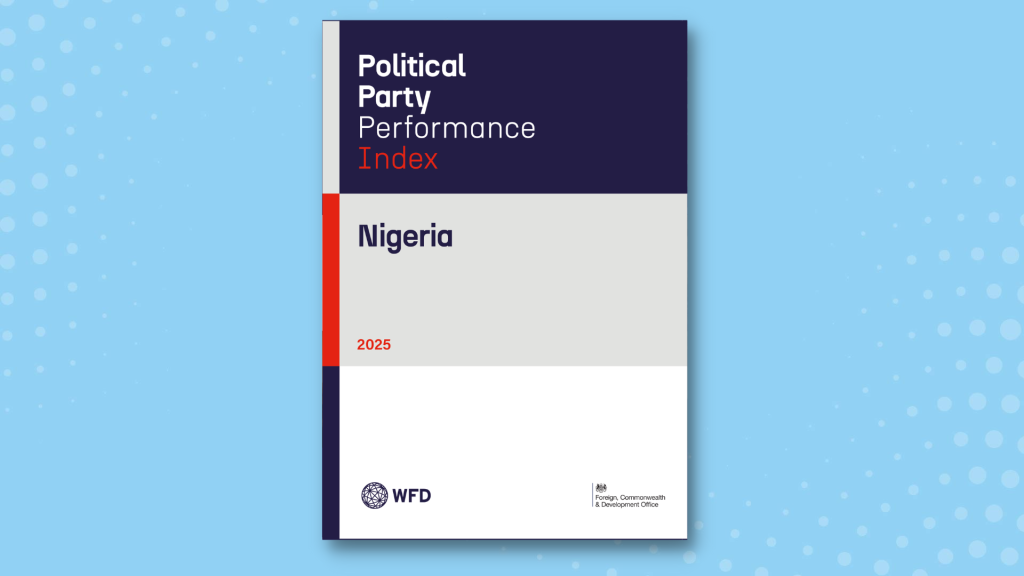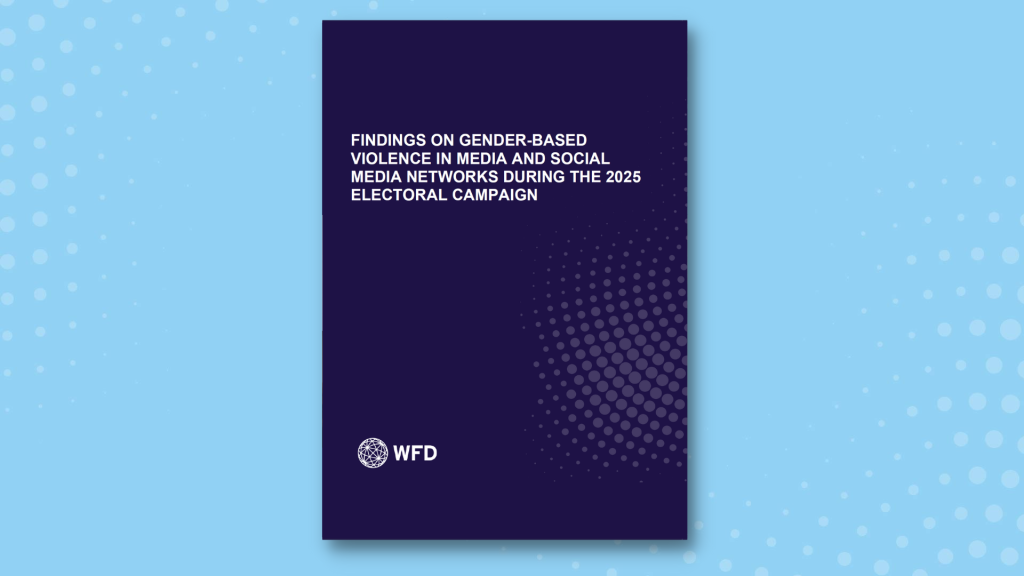2024-2025 publications roundup

Highlights from our 2024-2025 publications include:
-
AI guidelines for parliaments
-
PLS in comparative perspective
-
Research on the cost of politics
-
The role of civil society in monitoring IMF agreements
-
PLS of climate and environmental legislation
-
Public debt management assessment toolkit
-
Public debt integrity series
-
A study on violence against women in Indonesia's 2024 elections
-
Using digital technology for democratic resilience, transformation and impact
-
Political party transparency index in North Macedonia
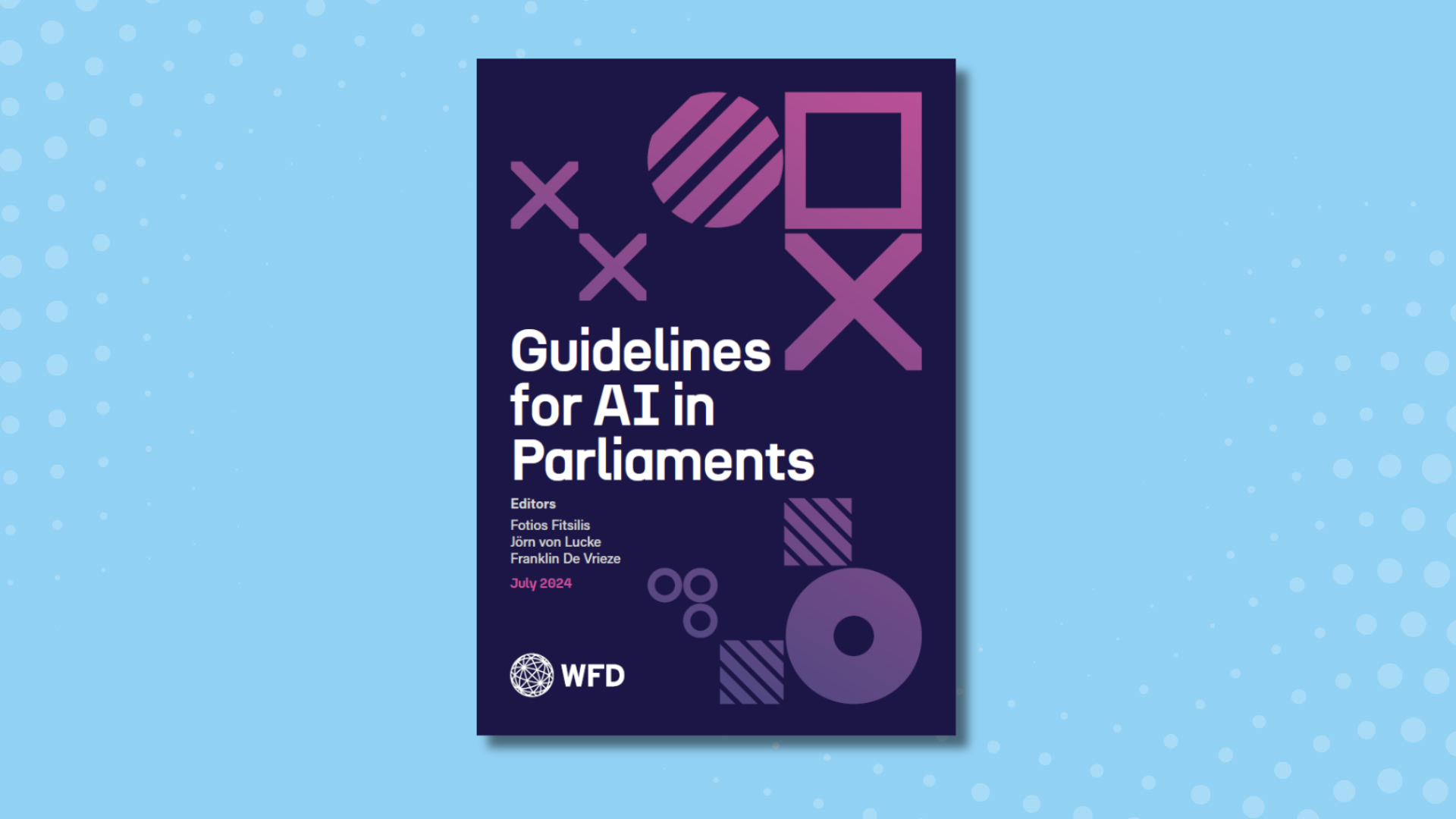
AI guidelines for parliaments
To equip parliaments with the knowledge and tools needed to navigate the landscape of AI, these guidelines consider ethical implications, transparency, accountability, and the integration of AI within the parliamentary workspace, and more. They provide a framework that parliaments can adapt to their context and needs.
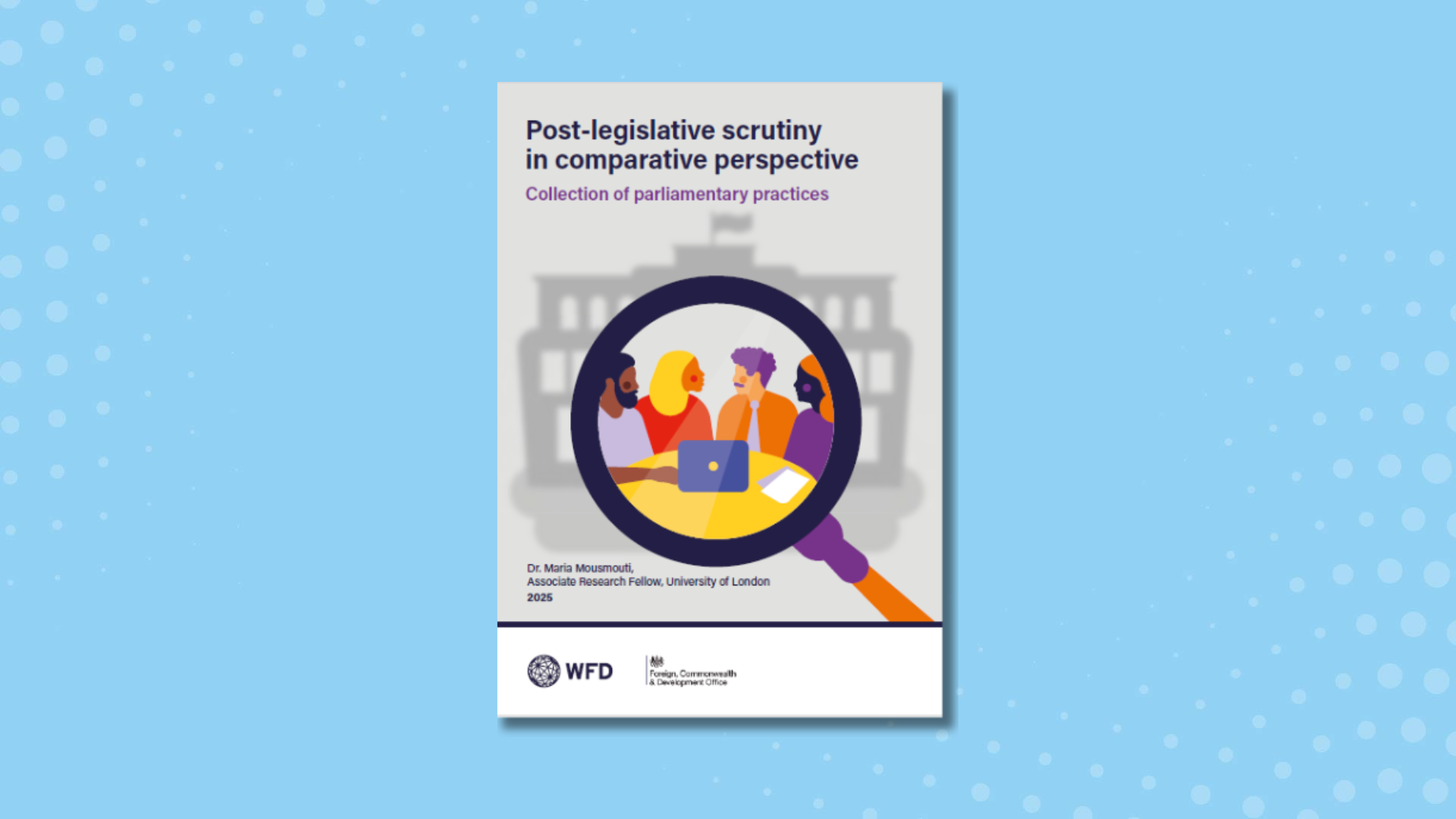
Post-legislative scrutiny in comparative perspective
The cost of politics
Our cost of politics research programme went from strength to strength, with new research published on Indonesia, Bangladesh, Mexico, Maldives, Liberia, Kuwait, Sierra Leone, Thailand, Senegal, Pakistan, and South Africa.
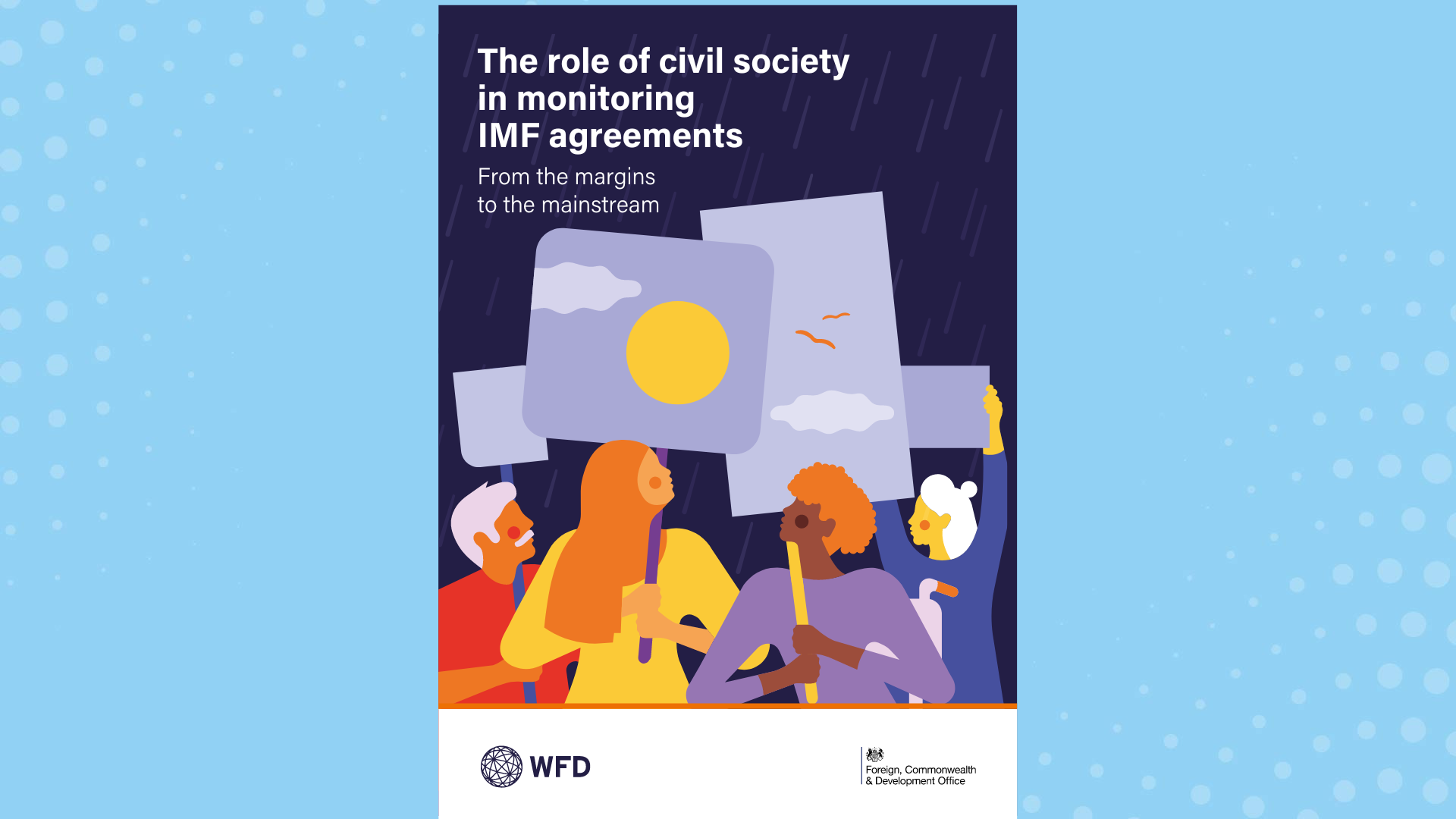
The role of civil society in monitoring IMF agreements
Governments are the sole parties that negotiate with the International Monetary Fund, which provides financial assistance to countries in or at high risk of debt distress. Because of this, unpopular deals often lack legitimacy in the eyes of citizens.
But, active and inclusive civil society oversight can significantly enhance the legitimacy, transparency, and effectiveness of IMF programmes. This paper examines case studies from Kenya, Sri Lanka, and the Caribbean. It finds a clear imperative for a structured collaboration between governments, international financial institutions, and civil society to ensure that economic reforms are not only technically sound but also democratically legitimised.

Post-legislative scrutiny of environmental and climate legislation
Parliaments have a vital role to play in realising the Paris Agreement by establishing mechanisms for monitoring and reporting on the progress of domestic climate-related legislation and policies, ensuring transparency and accountability in the implementation of global climate commitments. This policy paper considers how post-legislative scrutiny can deliver this mandate.
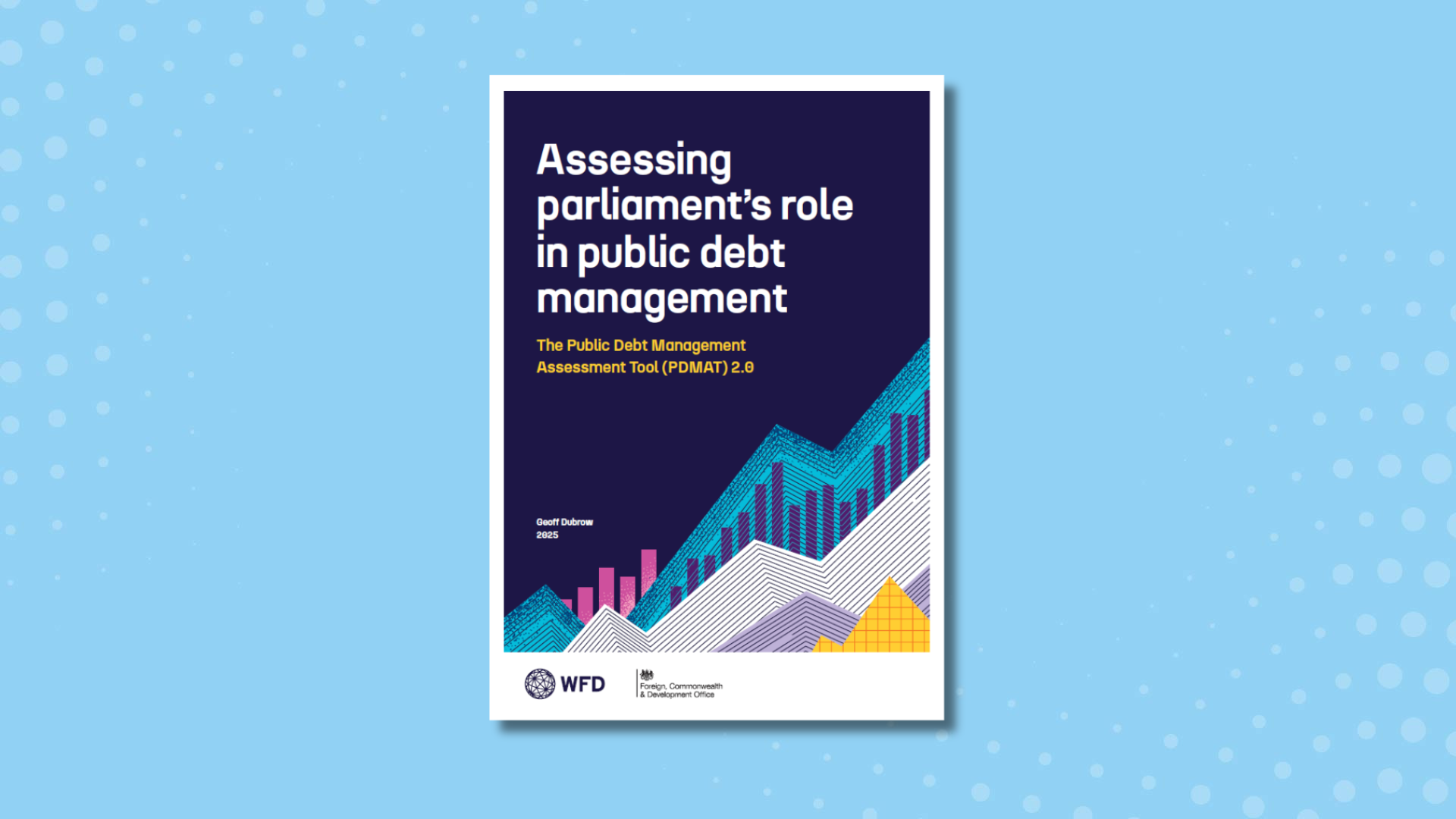
PDMAT 2.0: Public Debt Management Assessment Tool for parliamentarians
The Public Debt Management Assessment Tool (PDMAT) is an innovative framework to strengthen parliamentary oversight of public debt management worldwide. It supports parliaments in aligning debt management practices with international standards and promoting sustainable fiscal policies and provides a framework for evaluating public debt management practices.

Public debt integrity series
This collection brings together 13 peer-reviewed papers examining parliamentary debt oversight across Africa. Authors include leading experts, practitioners, and academics who analyse current challenges and identify practical reform pathways.
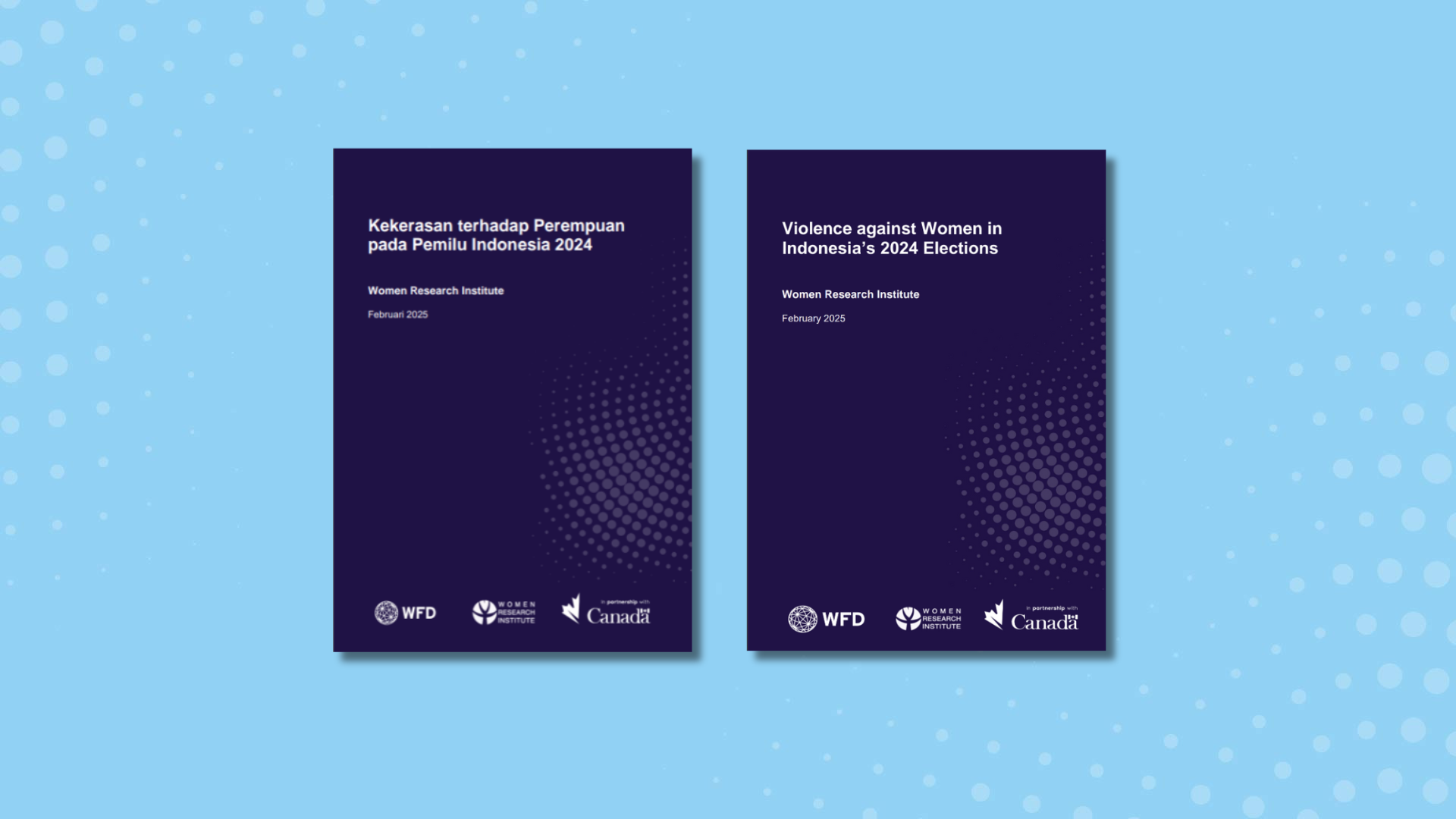
Violence against women in Indonesia's 2024 elections
Violence against women in politics (VAWP) remains a deeply rooted, systemic problem in Indonesia’s relatively young democracy. In this research, we investigated the dynamics of VAWP leading up to, during, and immediately after the 2024 elections by analysing how VAWP threatens women’s political participation and in turn diminishes the quality of Indonesia’s democracy.

Using digital technology for democratic resilience, transformation and impact
WFD's Democratic Resilience in a Digital World Programme aimed to build WFD’s evidence base on if, how and why digital approaches to democracy support can make a meaningful difference, and likewise, what to avoid. It sought to understand how digital technologies can enhance democratic processes and how to do so effectively while avoiding unintended consequences, as well as how WFD should respond to digital threats to democracy. This Paper summarises insights from across the programme.
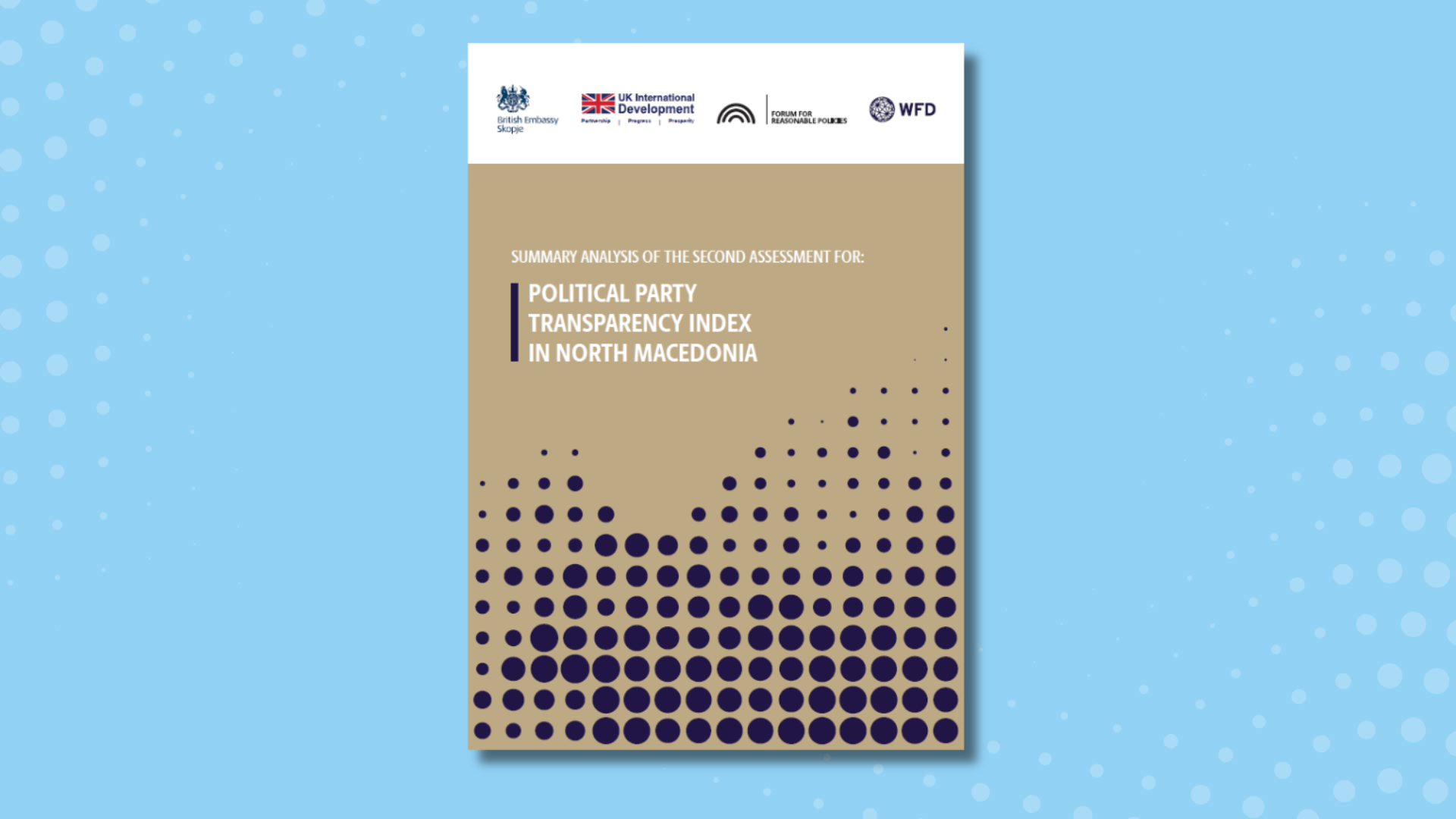
Political party transparency index in North Macedonia
The Political Party Transparency Index (PPTI) is a tool developed by the Westminster Foundation for Democracy (WFD) in North Macedonia, in collaboration with the Forum for Reasonable Policies (FRP). Drawing from international best practices and comparative experiences, the index evaluates the transparency of political parties in their public communication, financial practices, and the level of intra-party democracy. Designed as an annual assessment, the PPTI serves as both a benchmark and a roadmap, highlighting areas for improvement within political parties.

